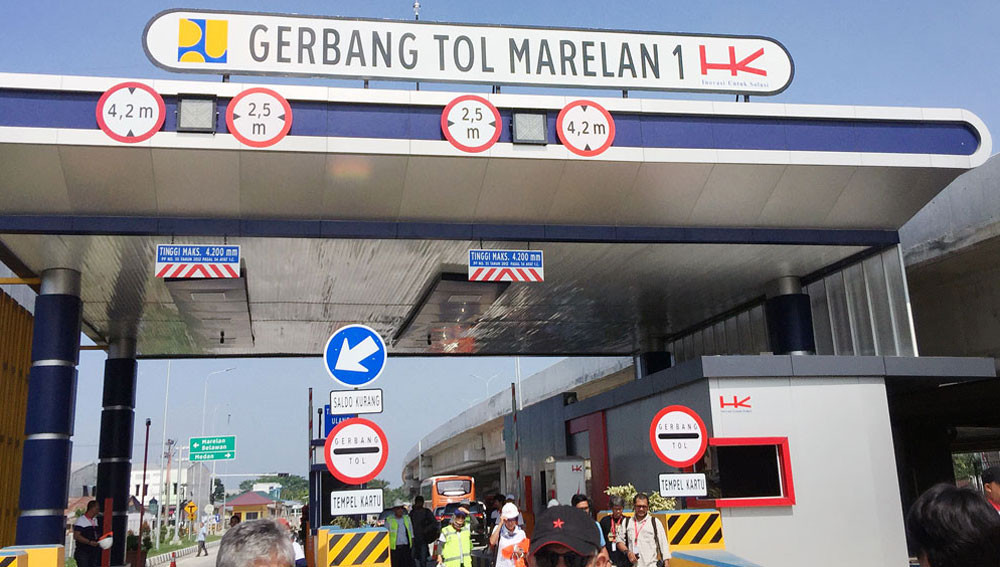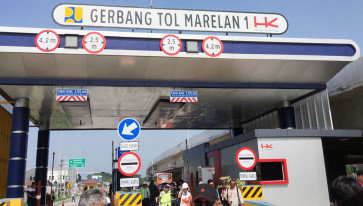Popular Reads
Top Results
Can't find what you're looking for?
View all search resultsPopular Reads
Top Results
Can't find what you're looking for?
View all search resultsAnalysis: WSKT bond defaults poses risk to insurance, pension funds
Change text size
Gift Premium Articles
to Anyone
P
T Waskita Karya (WSKT) and subsidiary Waskita Beton Precast’s (WSBP) failure to pay bond payments has once again entered the spotlight as bondholders, the majority of whom are insurance companies and pension funds, rejected a debt-restructuring proposal by WSKT that would extend a payment deadline by up to 10 years through a scheme of 3.5 percent interest on the principal.
Around 63.94 percent of bondholders, equal to around 777 billion out of the total 1.2 trillion voting rights, refused to accept WSKT’s explanation for the delinquency and rejected the debt-restructuring proposal. Meanwhile, 31.97 percent of bondholders accepted WSKT’s proposal and 4.09 percent compromised by extending the deadline to Jan. 5, 2024.
The debt restructuring was proposed to bondholders as well as to their bank creditors. According to WSKT corporate secretary Ermy Puspa Yunita, bank creditors representing around 80 percent of WSKT’s outstanding loans have already accepted the proposal.
On the other hand, compared with banks, insurance companies and pension funds are much more susceptible to credit risk. The precise risk exposure caused by the default WSKT and WSBP bonds are still under investigation by the Financial Services Authority (OJK), however Indonesian Pension Funds Association (ADPI) chairman Ali Farmadi warned that maintaining the current conditions, which is to extend WSKT’s payment extension deadline, would threaten the capital adequacy of pension funds to pay for pension claims.
According to data from the Indonesian Central Securities Depository (KSEI), pension funds are the second-biggest holders of WSKT and WSBP bonds, second only to insurance companies. Since 2018, WSKT and WSBP have issued a total of Rp 8.94 trillion in bonds, spread throughout 10 bond series. Roughly Rp 4.34 trillion of that amount was purchased by insurance companies, followed by Rp 1.8 trillion purchased by pension funds, and 1.5 trillion by mutual funds.
These investment trends were heavily influenced by Article 2 of OJK Regulation (POJK) No. 1/2016 on state bond investments for non-bank financial service institutions. The article stipulates that 20-50 percent of investments by non-bank financial service institutions, depending on the type of financial service provided, must consist of government bonds (SBN).
Market players at the time complained about the requirement, which led to the issuance of POJK No.36/2016 that expanded the investment instrument to also include bonds issued by state-owned enterprises (SOEs) and their subsidiaries, as well as region-owned enterprises (BUMD) to fund infrastructure projects.



















